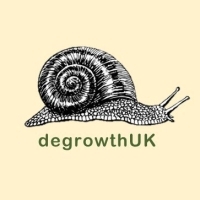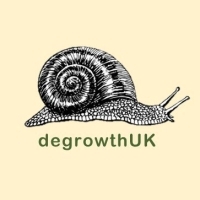2025-06-20 23:26:27
Calamus 39 Sometimes with one I love
A short and sweet honoring of unrequited love. Whitman expressing his rage at it, but then also recognizing that even the experience of unreturned love contributes to his life and poetry.
I think it's a universal sentiment. But then Whitman gays it up a bit:
if I had not freely given myself to comrades, to love
There's that word, "comrades", which to me reads as very male/male coded. He removed it in later versions.



